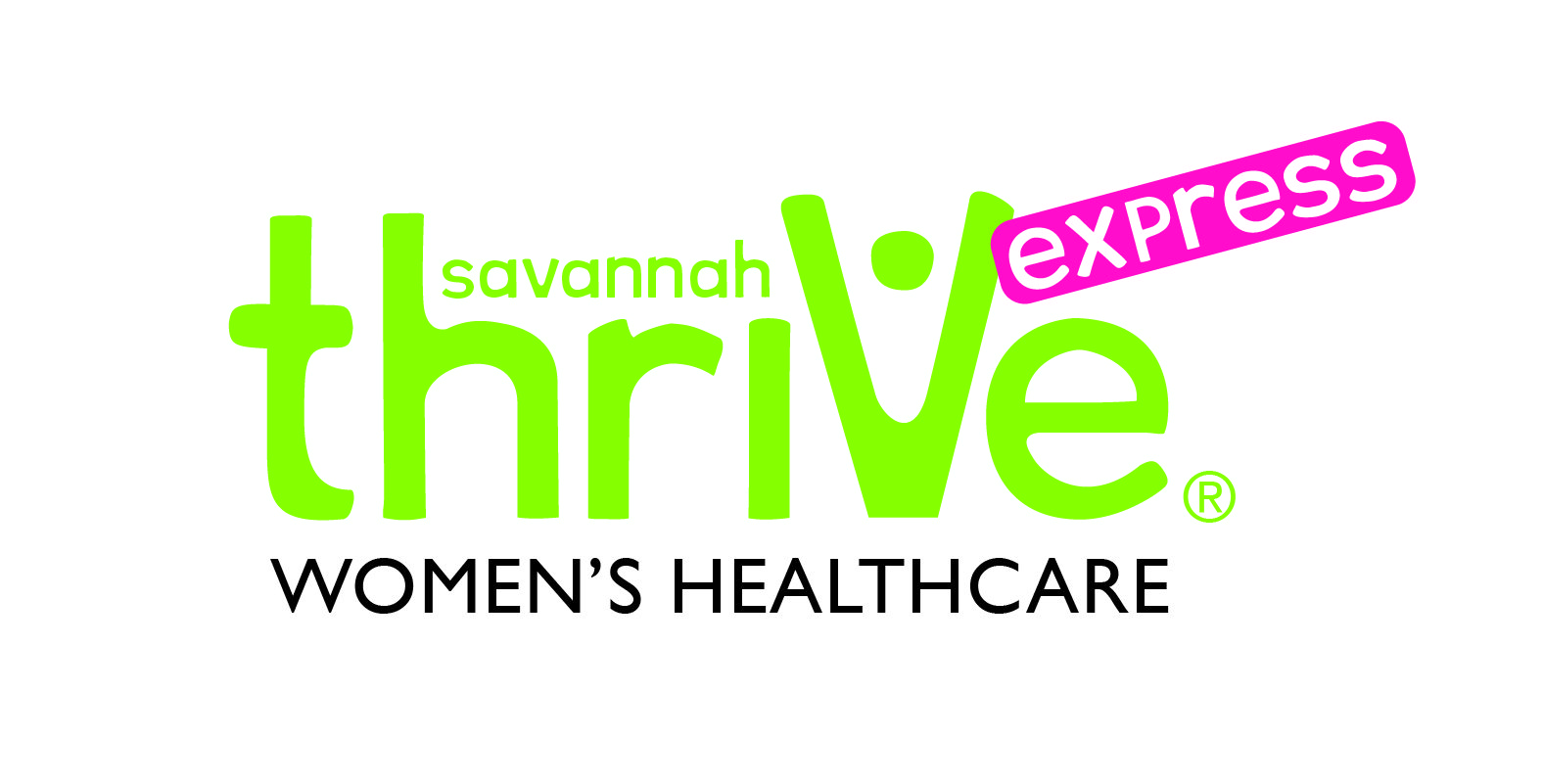If you’re considering the abortion pill and want to understand more about what it involves, you’re not alone — many women have questions when facing this decision.
It’s completely normal to feel a mix of emotions and want clear, unbiased information before moving forward.
Knowing how the abortion pill works, what to expect physically and emotionally, and what resources are available to you can help you make a fully informed choice that is right for you. You deserve to have your questions answered with compassion and without pressure.
What is the abortion pill?
The abortion “pill” is more than just a pill. It is a two-step regimen intended to end an early pregnancy (10 weeks or less).
Sometimes referred to as a chemical or medication abortion, the abortion pill is a combination of two drugs: mifepristone and misoprostol. According to the drug label, this process is most effective (96%) if completed before eight weeks gestation. If the abortion pill is accidentally taken in the second trimester, 39% of women will need surgery to complete the abortion. That’s why it’s important to confirm gestational age with an ultrasound.
How does the abortion pill work?
According to the FDA, step one of the regimen is to take 200 mg of the drug mifepristone, commonly referred to as RU486, or by its brand name, Mifeprex. Mifepristone blocks the body’s naturally producing progesterone which is needed to sustain a pregnancy.
Step two utilizes the drug misoprostol, also knowns as Cytotec. 24-48 hours after taking Mifeprex, 800 mcg of misoprostol should be taken buccally (in the cheek pouch) or vaginally at a location where the patient feels most comfortable. Misoprostol softens the cervix and prepares the body to expel the pregnancy.
Your provider should ensure you have a scheduled follow-up appointment sevevn to 14 days after completing the abortion pill regimen to ensure the abortion was completed successfully and no infection exists.

Do I need to have an ultrasound prior to taking the abortion pill?
Ultrasounds are the most reliable way to determine how far along you are in your pregnancy. Additionally, an ultrasound is the only way to confirm you do not have an ectopic pregnancy. An ectopic pregnancy is a pregnancy that occurs outside of the uterus.
The abortion pill is not a reliable way to end an ectopic pregnancy. While it may successfully terminate the pregnancy, it cannot remove the embryo from the uterus, therefore increasing your risk of serious infection.
Thrive Savannah offers both free pregnancy testing and ultrasounds. All ultrasounds are performed by licensed medical professionals. If there is any reason for concern, we will refer you to the local hospital for further evaluation.

What should I expect after taking the abortion pill?
During a chemical abortion, particularly after taking misoprostol, you will likely bleed more than a period. You will pass large blood clots – sometimes up to the size of a lemon – as well as the fetus or embryo.
It is important to prepare yourself mentally and emotionally for this process, particularly if your pregnancy is eight weeks along or later. There is no right or wrong way to feel so it is important to have your trusted support system in place to help you process your emotions.
What side effects are possible with the abortion pill?
The abortion pill comes with several side effects and risks to be aware of:
Common side effects include:
- Cramping and vaginal bleeding
- Nausea
- Weakness
- Fever/chills
- Vomiting
- Headache
- Diarrhea
- Dizziness
More serious side effects include:
- Incomplete abortion
- Heavy bleeding that requires surgery
- Blood clots in uterus
- Serious infection
- Severe or persistent abdominal pain
What should I do if my side effects persist?
Go to the nearest emergency room if:
- You are bleeding through two regular-sized sanitary pads per hour for more than two hours
- You are passing blood clots larger than a lemon
- You have a fever of 100.4˚ F or higher for longer than four hours
- You have persistent nausea, stomach pain, or weakness
In order for emergency room personnel to properly diagnose and treat you, it is important that you be upfront and honest about taking the abortion pill.
According to an article published by the Charlotte Lozier Institute and backed by the research of Health Services Research and Managerial Epidemiology, abortions miscoded as miscarriages in the ER were more likely (by as much as 78%) to result in hospitalization. Furthermore, they were twice as likely to be admitted for surgery for retained products of conception (RPOC).

Where can I get more information?
At Thrive Savannah we’re here for you. We provide real answers to your questions regarding abortion, adoption, parenting and more so you can leave feeling confident to make the best decision for YOU.
Our services include pregnancy testing, limited obstetrical ultrasound, and STI/STD testing. All at no/low charge.
Learn more about the abortion pill and schedule an appointment today.

